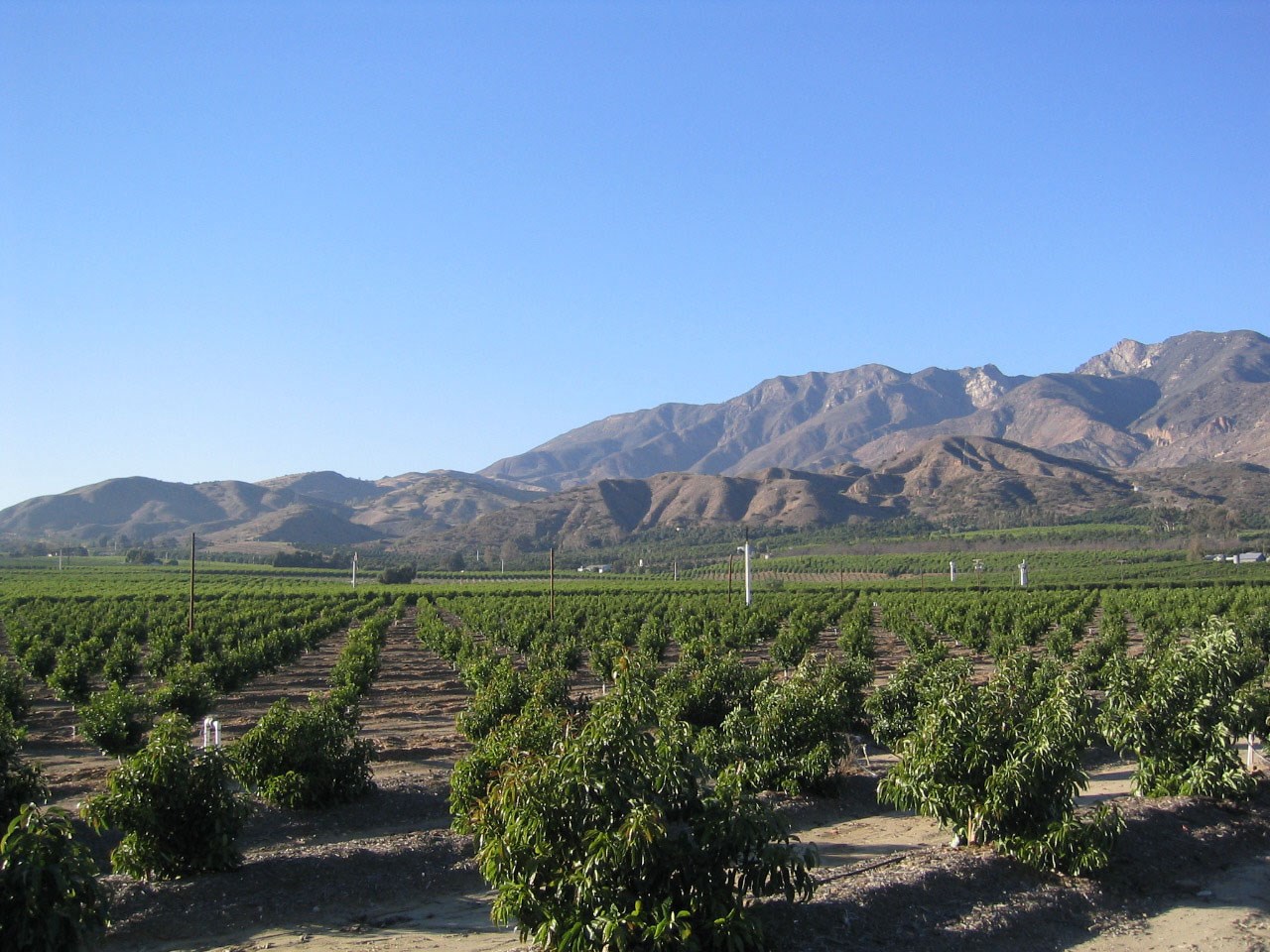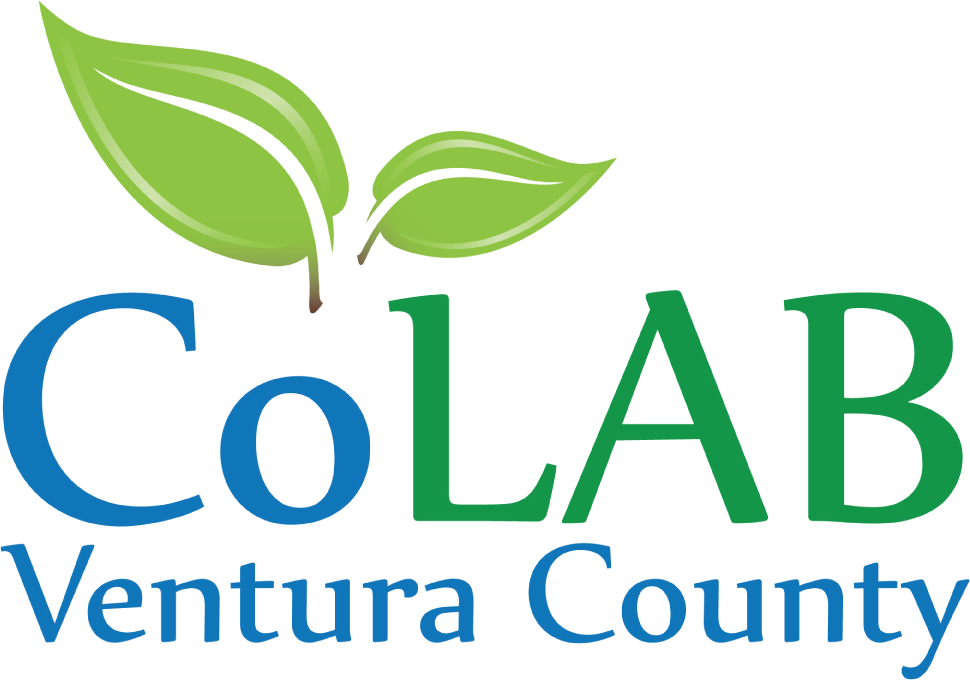County Land Conservation Act Questionnaires Due on April 1st

The Ventura County Assessor mailed out their Annual Agricultural Preserve Questionnaires to current Land Conservation Act (LCA) contract holders in December, with a filing deadline of April 1, 2017. To encourage continuing County support for this essential property tax reduction program benefitting agricultural and open space communities, VC CoLAB is urging all contract holders to fill out and file their questionnaire(s) before this deadline.
To assist with filling out the paperwork, VC CoLAB will be holding a Circle the Wagons joint workshop with representatives from the Ventura County Planning Department and the Assessor’s Office on Thursday, March 2nd, from 11:30 – 1:30 pm at Spanish Hills Country Club in Camarillo. Lunch will be provided – free for members and $25 for non-members.
The Assessor notified the County Board of Supervisors on December 6, 2016 that contract owners had not filed approximately 27% of required questionnaires by April 1, 2016. Per the Board Letter the Assessor stated, “The additional time that the Assessor’s Office expended to calculate each non-filer LCA assessment for the 2016-2017 tax bill resulted in an additional cost to the County of $30,000 — $40,000.”
The Assessor further specified, “The owners of land under a LCA contract are required to submit an annual Agricultural Preserve Questionnaire, which requests current data on income, rentals, expenses and production, and property uses and characteristics for the particular type of operation on a LCA contracted property… Of the 1,074 LCA contracts, 302 contracts did not submit their questionnaire for 2015… The 302 contracts that did not file an Agriculture Preserve Questionnaire for 2015 still received an assessed value reduction of $175,354,321, which is an estimated $2,192,000 in tax savings… Between 2012 and 2015, 158 contract holders did not submit an Agricultural Preserve Questionnaire to the Assessor’s Office all four years.”
“When the Assessor’s Office is not in receipt of a completed Agricultural Preserve Questionnaire, the office must then estimate factors necessary to determine the annual restricted valuation under the property’s LCA Contract.” Not only do the estimates take hours of extra labor, the resulting estimate can be unfavorable to the property owner as the assessor may presume the high range for the potential income used to calculate the estimated restricted value.
According to the State Department of Conservation website:
- The California LCA of 1965–commonly referred to as the Williamson Act–enables local governments to enter into contracts with private landowners for the purpose of restricting specific parcels of land to agricultural or related open space use.
- In return, landowners receive property tax assessments that are much lower than normal because they are based upon farming and open space uses as opposed to full market value.
- The basis for the LCA comes from Article 13 of the State’s constitution that declares the interest of the state in preserving open-space land and provides a constitutional basis for valuing property according to its actual use.
- The Act enables local governments to enter into contracts with private landowners to restrict specific parcels of land to agricultural or related open space use.
- More than 16 million of the state’s 30 million acres of farm and ranch land are currently protected under the Williamson Act.
Since 1969, the Board of Supervisors has voted to fund the LCA program in return for an agreement to restrict and limit the use of agricultural and open space properties. This protects 127,820 acres (40% agricultural, 60% open space) for a period of 10 or 20 years. Because the contracts automatically extend unless the contract is not renewed, most of the land has remained in LCA contracts for longer than the original contract period.
In 2009, the State suspended reimbursements to Counties for lost property tax revenue. According to the 2016 Annual LCA Letter to the Ventura County Board of Supervisors, the Ventura County General Fund has an estimated loss of $1.3 million annually attributed to the program.
In a meeting with Chief Deputy Assessor Frank Newell in the Assessor’s Office, we discussed the obligation for contract holders to fill out and return the annual questionnaires in order to receive the benefits. Keep in mind that the County could consider undesirable consequences in the future if contract holders continue to neglect their obligation. Reportedly, some other counties have considered automatic non-renewal and cancellation of the contract for the refusal to supply the required information.
VC CoLAB urges agricultural and open space landowners in the LCA program to file their questionnaires with the Assessor by the April 1, 2017 deadline. Those with questions on the forms can call Terry Mason, Supervising Appraiser, directly at (805) 477-1544.

